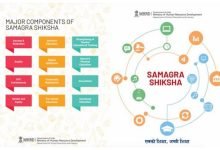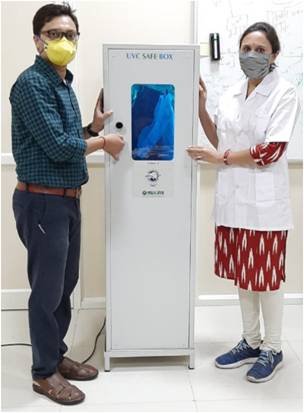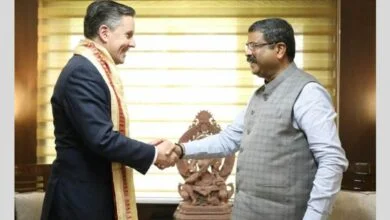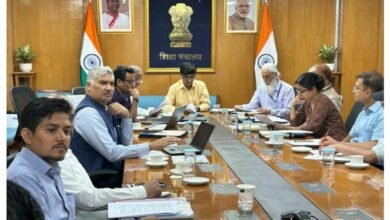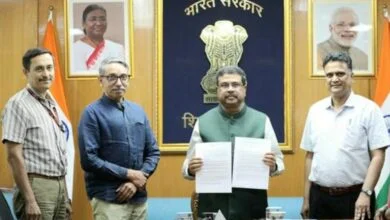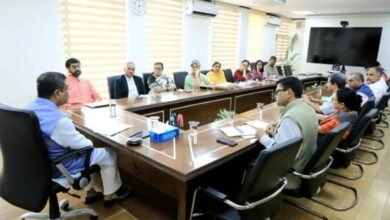Steps were taken by the government to improve learning levels
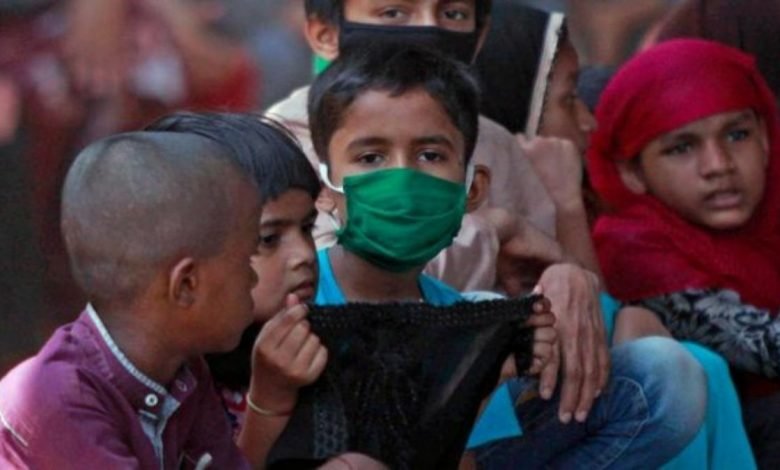
Education is in the concurrent list of the Constitution and the majority of the schools are under the domain of respective State and UT Governments. The Department has shared a COVID Action Plan with the States and UTs which includes tracking of children and their learning levels. States and UTs have been advised to develop an effective home learning program which includes access to grade-appropriate textbooks; content identification and curation; content dissemination physically or through various platforms – WhatsApp, Website, TV, Radio; content engagement; assessment of learning and tracking and monitoring.
In order to ensure that education reaches each & every student, a multi-pronged approach has been adopted leveraging technology to reach the students. E-content for all grades in 31 languages, Digital Infrastructure for Knowledge Sharing (DIKSHA), study webs of active-learning for young aspiring minds (SWAYAM), PRAGYATA guidelines on digital education, e-textbooks and e-content on the national repository of open educational resources (NROER), online virtual labs (OLABS) for practical’s related e-content, activity-based and highly engaging modules for special resources for teachers focusing upon experiential learning and competency-based education, NISHTHA (national initiative for school heads and teachers for their holistic advancement) online for capacity building program for elementary school teachers and school heads, etc. are used by schools, to provide learning facilities.
Further virtual learning offers a good substitute to classroom learning in the time of pandemic like COVID-19, but it cannot replace classroom education. To improve the internet connectivity in rural areas, the CSC e-Governance Services India Ltd (CSC-SPV) of MEITY has been assigned the task of providing Fibre to the Home (FTTH) connectivity to the Government Institutions, including schools.
Where the internet facility is not available, the Ministry of Education has taken many initiatives like One Class One Channel of SWAYAM PRABHA to impart education through TV and One DTH channel is being operated specifically for hearing impaired students in sign language. Community Radio Stations, a podcast called Shiksha Vani of CBSE, Textbooks, Workbook, Worksheets supplied to the residence of learners, Handbook on 21st Century Skills, and community/mohalla classes are being organized. Innovation Funds of Department of School Education & Literacy used to set up mobile schools/ virtual studios/ virtual classrooms in schools. Continuous Learning Plan (CLP) for States/UTs have been initiated in all States/UTs. Pre-loaded tablets are also being provided under Samagra Shiksha in various states and UTs to schools where online classes are difficult.
With a view of addressing the issues related to gaps and/or loss of learning among students, during and after the lockdown, the National Council of Education Research & Training (NCERT) has prepared the ‘Alternative Academic Calendar’. Week-wise plan for grades 1 to 12 has been developed in three languages. It consists of interesting activities and challenges related to topics/themes in the syllabus. It maps the topics/themes with the learning outcomes & facilitates teachers/parents to assess the progress in students’ learning in a variety of ways. Also, links for e-resources have been provided for those learners who have access to the internet. NCERT has also developed bridge course for out-of-school children including lots of activities that are helpful for bridging the learning gaps across classes 1-8 and the States/UTs have been requested to prepare and implement School Readiness Module/Bridge Course in classrooms for initial one or two months for each grade. Once school reopens, the grade-related syllabus should be undertaken only after the bridge course is completed, so that students can adjust to the changing school environment and do not feel the stress or be left out, especially students who did not have access to alternate means of education.
The information was given by the Union Minister of Education, Shri Dharmendra Pradhan in a written reply in the Lok Sabha today.

